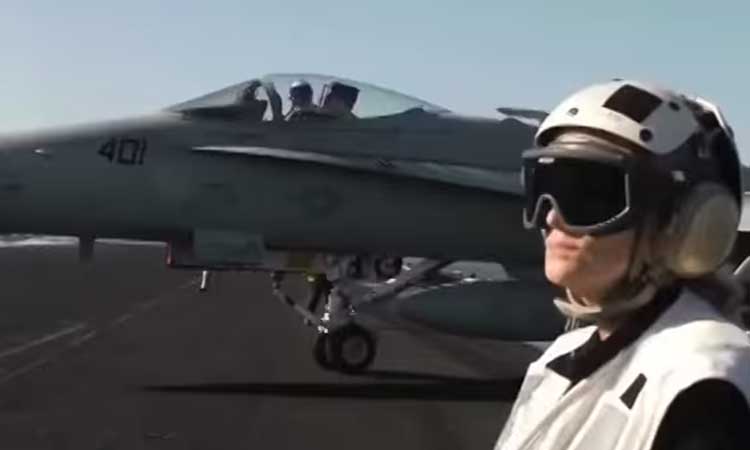Miles On Monday
The weekly thoughts of York writer Miles Salter
On February 15th 2003, I demonstrated, along with thousands of others, in the streets of York, against the impending invasion of Iraq. It was the biggest political demonstration York had ever seen.
And around the world, up to 10 million people in many countries took to the streets. Placards declared Not in my name – making it clear we did not agree with the gestures sanctioned by Bush and Blair.
But our cries fell on deaf ears: not long after, a US led coalition invaded Iraq.
In the bloody decade since, we have Iraq fall apart in sectarian bloodshed and increased turmoil in the Middle East. Hundred of thousands have died.
Saddam Hussein was not, by any means, a pleasant character, but the can of ugly worms that was opened when we invaded Iraq is still having repercussions around the world.
Two years earlier, the savage wake up call of September 11th was, in retrospect, a missed opportunity. Had George Bush led a campaign of peace, understanding and dialogue, pouring dollars into dialogue instead of death, the world now would look very different indeed.
Instead, he opted for the bloody option: send troops into Afghanistan and Iraq, light the touch paper, and live to regret it. A school friend of mine died in 9/11: I went to his funeral and met his grief stricken family.
After 7/7 happened, I interviewed the mother of one of the victims. The feeling that the killing of young men and women was futile was overwhelming.
And now, unbelievably, we are contemplating what some are dubbing “Iraq 3”. Air strikes, to join with the ones that have been going on for some time, delivered by the might of the American war machine.
Revenge is hard to resist
The Islamic State have shown how barbaric they can be: burying people alive in the desert, using women as human shields, and public beheadings of westerners have caused widespread revulsion.
As Bruce Cockburn once sang: “If I had a rocket launcher, some son of a bitch would die.” The impulse to wreak revenge on those who do us harm is hard to resist, but where does a cycle of violence get us?
I feel profoundly uneasy about what Britain is getting involved in. The rise of aggressive, politically driven Islam is thoroughly depressing, but I wonder if we are making the situation worse by, yet again, using violence to solve the problem.
In so doing, we are playing into the hands of the hard line Islamic narrative: the West are bullies and thugs who hate Islam and are happy to kill innocent civilians.
The recent violence between US-backed Israel and Palestine underlines this injustice. The other day, a clip surfaced on YouTube of a man in Iraq pointing to damage that the US bombings had inflicted. It played perfectly into the Islamists brand of PR: the West must be fought and destroyed.
The Islamist preacher Anjem Choudary has said: “The war being waged by the US/UK and co is a war against Islam and Muslims.” Whether Choudary is correct or not, what matters is perception – how our actions are seen by people in the Middle East.
The long and brutal war that lies ahead of us could make World War II look like a picnic
And today’s headlines bear this out: the BBC are reporting that Syrian militant group al-Nusra are denouncing air strikes as “a war against Islam”.
And it’s too easy for them to see Britain and America’s air strikes and come to a conclusion that will lead to a spiral of violence. As the saying goes: an eye for an eye and we’ll all be blind.
I wonder if World War III began some years ago. The noise in our ears, the tinnitus of aggression, will increase as time goes by. What happens if Syria gets dragged into this mess? And with it, Russia?
Years ago, in his novel 1984, George Orwell predicted a world in which perpetual war takes place. Sadly, his prophetic vision looks accurate.
The long and brutal war that lies ahead of us could make World War II look like a picnic.
As the journalist Dominic Sandbrook wrote earlier this year: “We have lived through some of the bloodiest years in human history. But the really frightening thing is that the worst may be yet to come.”
I hope Sandbrook is wrong. I hope that Cameron and Obama know what they are doing.
But the sick feeling in my stomach tells me that violence only leads to more violence. I want the children being born now to grow up in a world that is free from vicious indifference. The chances, at the moment, seem small.
Not in my name. You can say that again.

